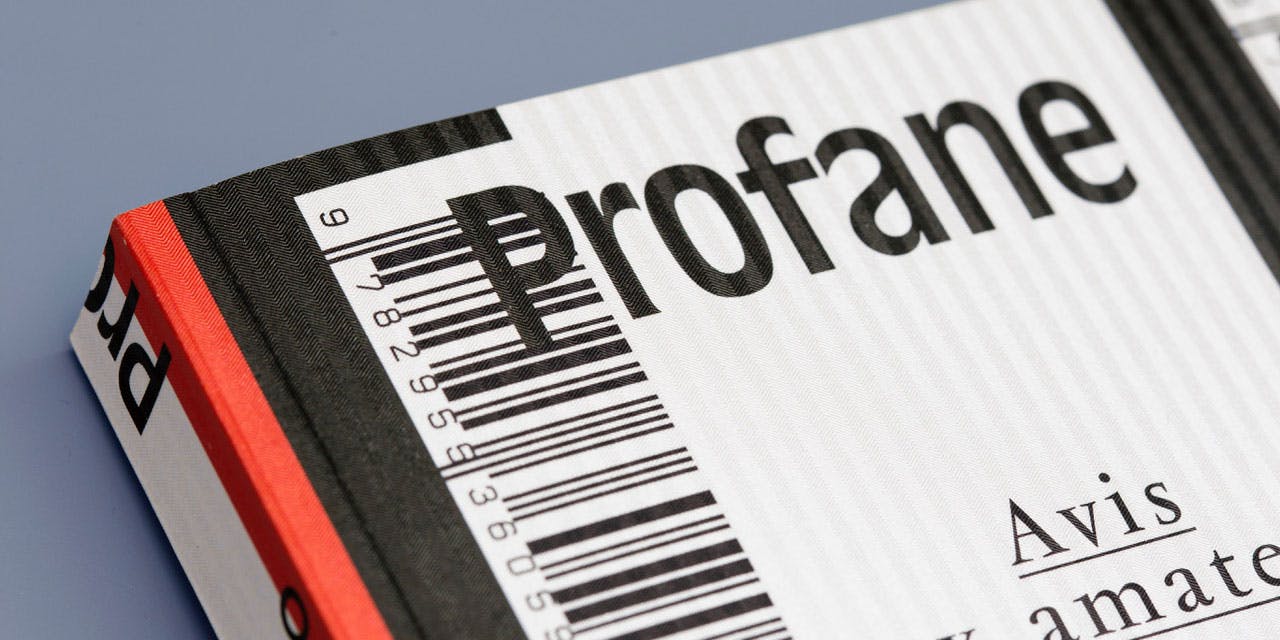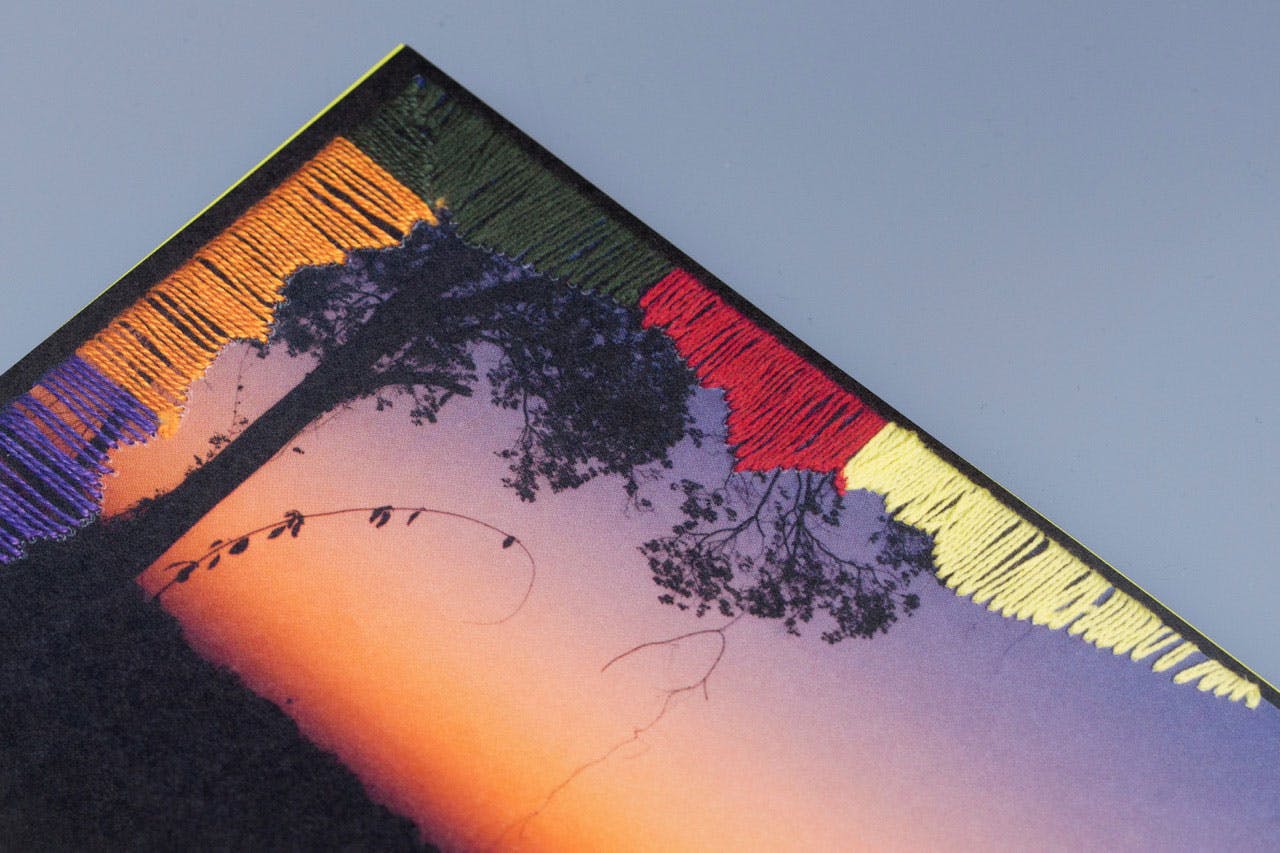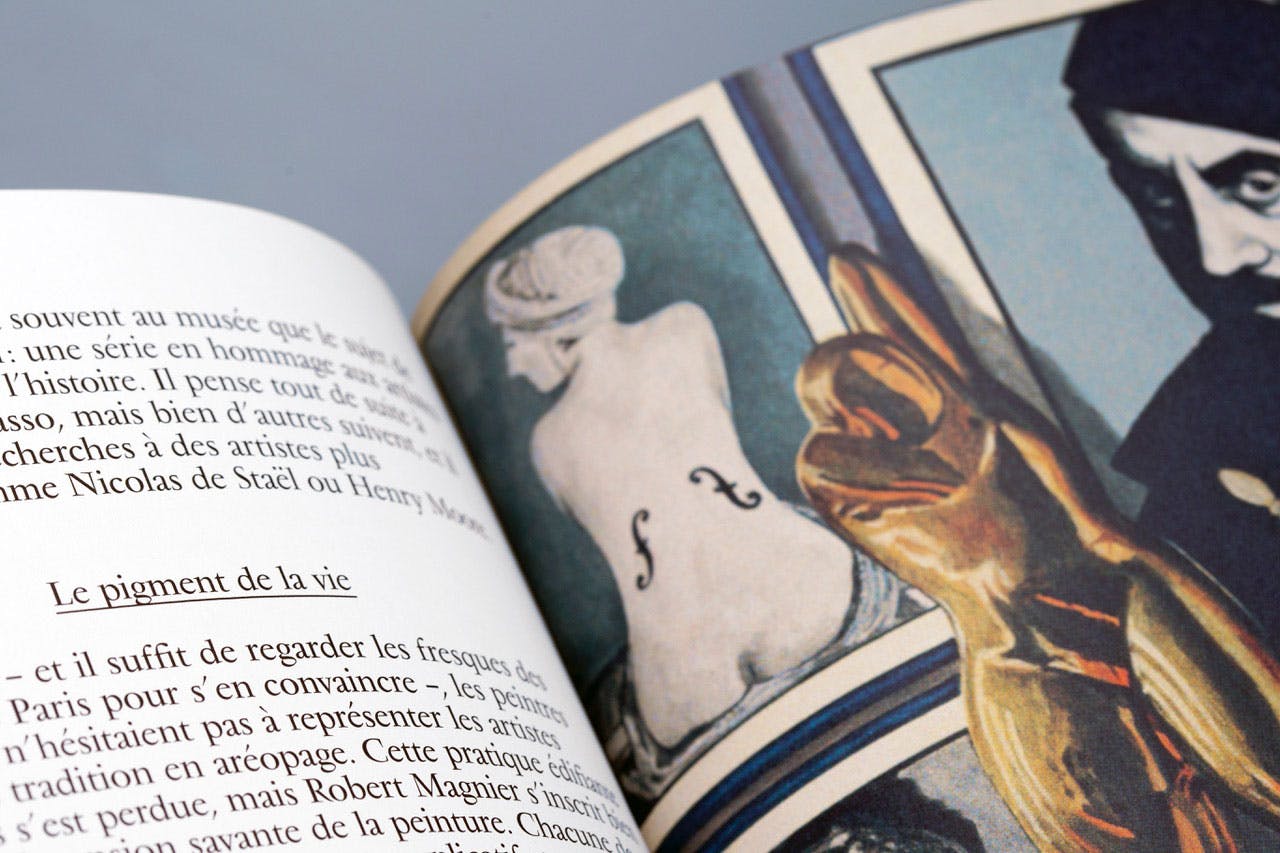Start doing something useless
Profane is a French publication dedicated entirely to the amateur — people obsessed with things they aren’t paid, or celebrated, or even really acknowledged — for doing. The magazine’s design reflects the eccentricity of the hoarders and enthusiasts it celebrates: images jostle up against one another like a scrapbook, or an intricately wrought patchwork quilt.
The idea is to champion novice creators while resisting the urge to pass cultural judgement on their work, which the editors’ align to awarding a “gold star”. Treasures inside this latest issue — Profane’s seventh — include a collection of model antler heads, and an opening feature about an artist who has spent his life engraving vulvas, risking jail time and ruining himself financially along the way. It’s a story that draws out the double-meaning of that word, ‘profane’. In French, it translates to ‘layperson’, as well as ‘obscene, irreligious, blasphemous’. Hobbies — even when they aren’t vagina-related — pose a threat to our results-driven society because they’re totally unconcerned with profit. One of the nice feelings you get reading Profane is that what you are really doing is time-wasting: picking a magazine up for the pure, unproductive pleasure of it.
Co-founder Charlotte Halpern told us about her favourite amateurs, and tried to coax us out of the “gold star” mentality.
Profane is about celebrating amateurs. Why are amateurs significant?
Amateurs are free to choose whatever they want to make or collect. They are only guided by their beloved choices. It doesn’t matter to them what other people might think: it’s about being genuine, and about expressing something personal; relating to others but also to oneself.
We love your editorial intention: to let people live their passion without “containing it, appraising it or sizing it up”. It’s difficult to do something ‘for the love of it’, because there’s a compulsion to have our efforts deemed ‘productive’, or praised. Why do you think so many people feel that way these days?
Maybe because of our competitive society. We live in a world where it seems that there isn’t space for everyone, especially in the professional sphere where goals are very demanding. Nowadays we are so exposed, it is very difficult to keep a secret garden.
The first feature tells the story of a man who compulsively paints and engraves vulvas. Why did you want to start there?
That story tells us how far you can go with your art, how obsessed you can be with it. The artist Claudius de Cap Blanc worked on his favourite subject for many years before being obliged to sell everything he had made in order to survive. That madness of his was more than a hobby: it was a lifelong commitment; too big to hold on to. To us that crazy story is very inspiring; it shows how difficult it is to be recognised as an artist; to live from your art when it doesn’t (apparently) have any reasonable purpose, and can’t be shown in conventional art venues. We are very proud to show his creations.
You include an extract from the poet Nathalie Quintane, about the way weaving — like poetry — is deemed useless by French schools, and by extension, the government of France. Profane seems to me to be concerned with the power of supposedly useless things. What is that power?
Objects, crafts and actions are supposed useless when governments can’t trade them. Profane is interested in taking you places where money isn’t involved. The ability to freely express oneself is the real power that lies within every human being.
One feature tells the story of Milena Charbit, who collects ugly things found on the streets of Paris. Why does she like ugly things?
Milena Charbit likes garbage found in the streets, because these objects are part of an intimate history that’s suddenly been put outside, exposed to the world’s eyes. She considers those abandoned, broken things — that we call ‘ugly’, but are probably more ordinary — as an opportunity for automatic art: not only can street installation be very poetic in itself (consider a broken lamp next to a public bench…), but the surrealism of the process inspires her to create.
In all your time making Profane, what’s the most curious hobby you’ve discovered?
Next issue we’re featuring an artist who collects shoe soles trapped in a specific sidewalk grid in Italy. Another favourite of mine is an architectural historian who collects plastic bags with architecture printed on them.











